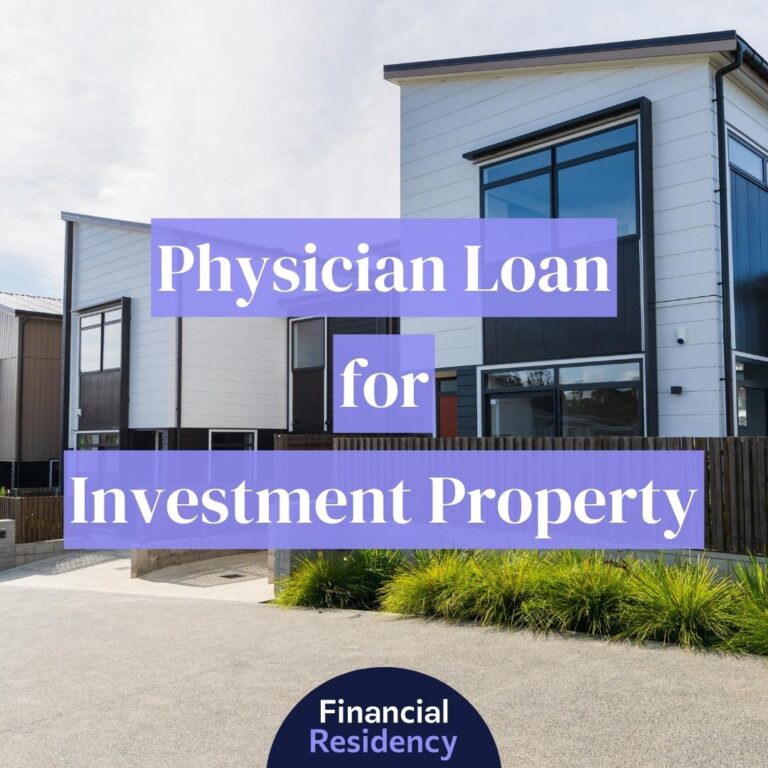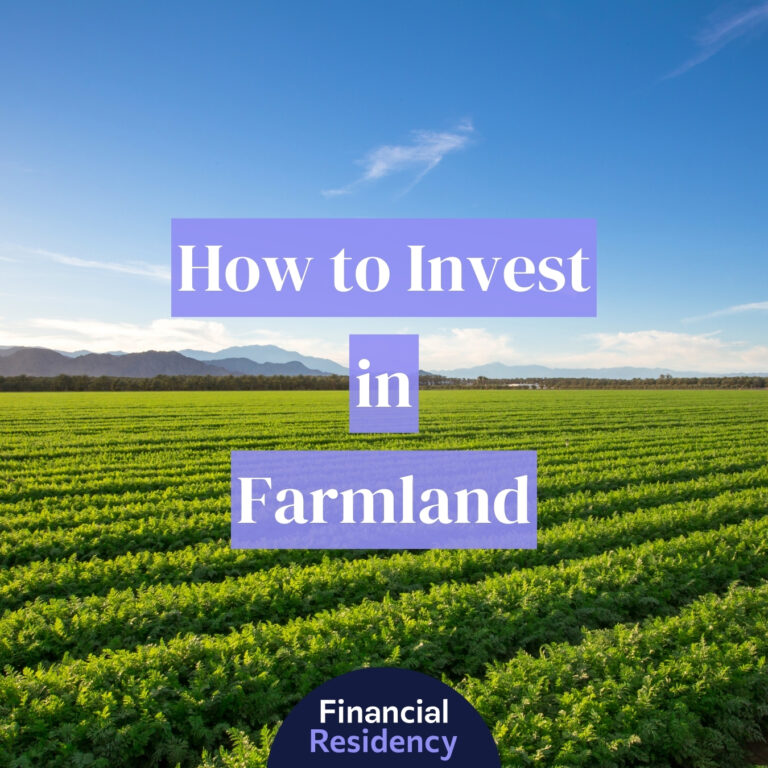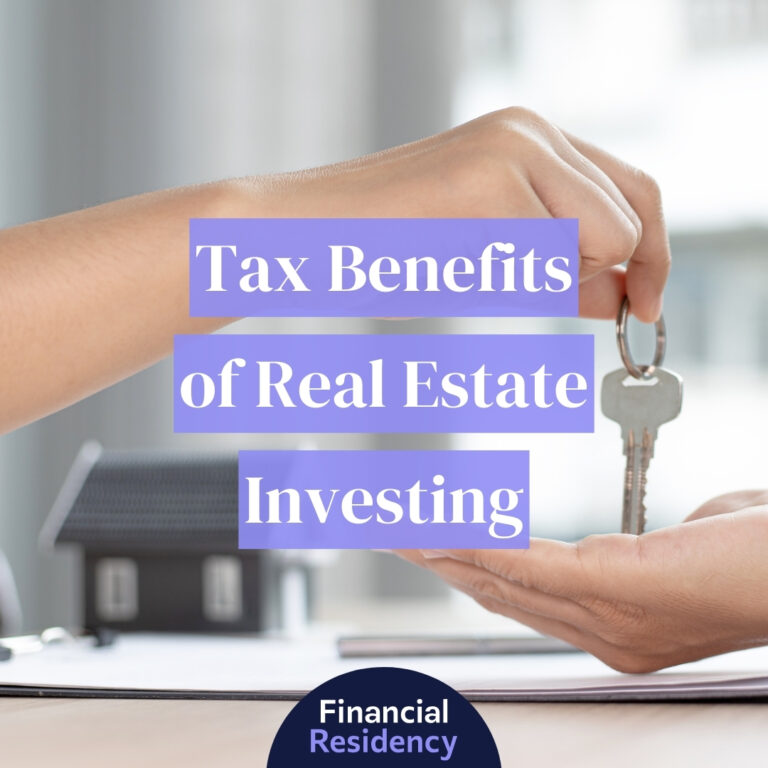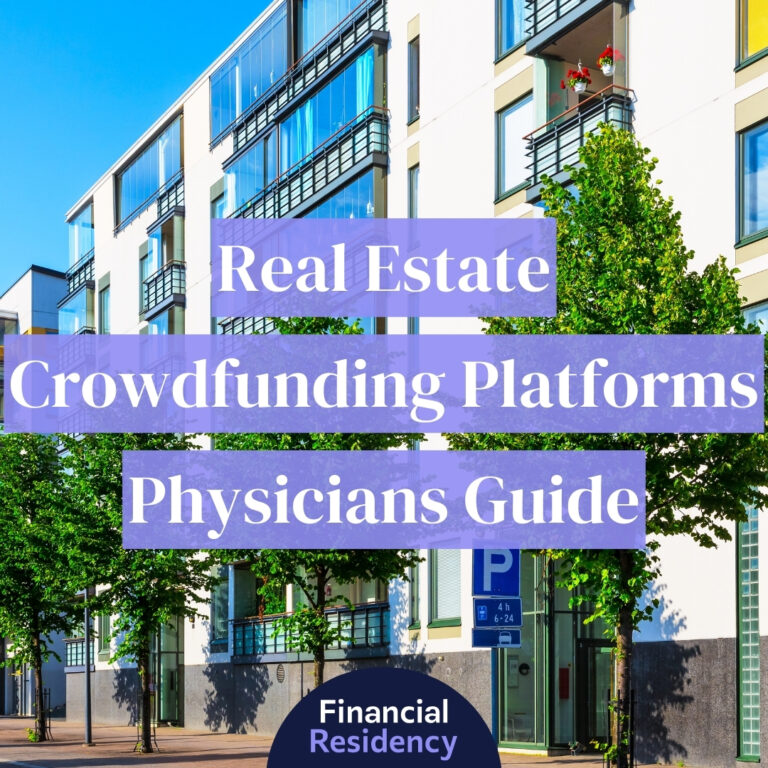I’m sure you guys know by now that I love real estate. And, you might also know that financial independence is often sought out by pursuing certain real estate investment strategies.
However, not everyone is cut out to become a landlord. There are certain personality traits that are better suited to the task. Once you learn more about getting involved in real estate you can decide how encompassing your interest may be.

Even if you feel like you have the right personality for the job, my suggestion is not to get overwhelmed with all the tasks it involves. It’s not like you personally have to do everything yourself.
While you learn about real estate investing strategies you can find lots of resources. Once you decide to dive into actually buying properties, you can hire a manager and let them do the majority of the work, while you oversee them.
There is one thing that I’m consistently asked about, and it’s why don’t I buy a bunch of houses and rent them all out. That’s one of many ways to create real estate investment strategies and great cash flow.
There are many ways for taking the measure of a property and get into investing in real estate, and there is a quick formula that can help you decide if a property is worth your time.
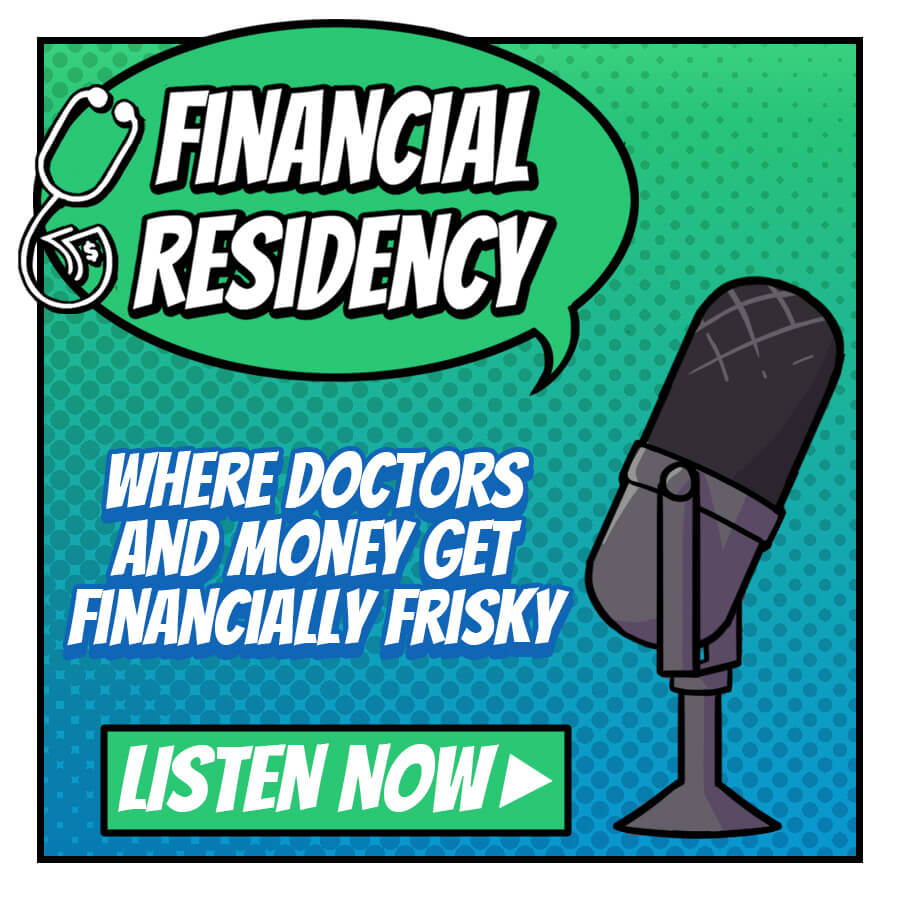 Once that’s confirmed, you can focus on a variety of other issues, and making sure it’s a property that will pay for itself, and that’ll continue to rake in the profits.
Once that’s confirmed, you can focus on a variety of other issues, and making sure it’s a property that will pay for itself, and that’ll continue to rake in the profits.
Let’s take a look at our tips!
For These Real Estate Investment Strategies, Cash is King
One of the many real estate investment strategies is the all-cash plan.
You can channel your inner Dave Ramsey, and decide that you will never get into debt for any of your real estate investment strategies.
This method brings out the doubters among your peers, but it’s one that I personally like. This plan is for those of you who have a good income, and have your ducks in a row.
Let’s make sure you’re doing things right:
- Are you paying down student debt?
- Are you putting money in your 401k?
- What are you doing with your IRAs?
After you have taken care of all these things, you can indulge in one of these real estate investment strategies and definitely reach financial independence.
This method could be instigated in a part of the country where real estate priced more reasonably.
Let me set the scene for you:
You’ve saved $100,000, bought a property for $70,000 dollars, and you can rent it out for $1,000.
You’ll need to pay:
- Taxes
- Insurances
- Maintenance
Since you don’t have any debt on the property, the net operating income is all yours to keep.
Now that’s a sweet plan!
Debt Snowball
Again we harken back to Dave Ramsey.
You’ve probably heard of the Debt Snowball.
This is how that works, you take your credit card debt, and stack up all your debt so that you can pay them off by focusing on one bill at a time. It’s all about momentum.
The concept is the same as real estate investment strategies.
You’ll buy multiple properties, and get yourself into motion. That motion builds your momentum, which leads to the excitement of gamification. Once you have a taste of success that spurs you to even greater motivation.
Let’s say you bought five properties.
It’s the strategy of paying more toward one of those five properties at a time. The other four you focus on paying just the minimum. That’s the snowball method, where one gets paid off quicker than the rest.
But then the magic begins to happen. You’ll eventually pay one of the mortgages off, then another. You could potentially pay them all off before the projected 15 years.
Now that is another win-win investment strategy!
Buy Three, Sell Two
The next two real estate investment strategies are more aggressive and use short term rental properties.
What is the buy three, sell two method?
It’s a strategy will test your risk tolerance on a safe, but high-level. However, It won’t feel reckless.
How it works is you buy more rental properties than you need, you hold them, and then eventually you can sell two properties, and then use the money you make to pay off the third one!
This is one of my favorite real estate investment strategies, and I’ll tell you a story about an experience that I had with this strategy. But first, there are a couple of things you should know.
- Investing in real estate involves some luck.
- Banks love physician mortgages.
Why do banks love physician mortgages?
They know that physicians are good borrowers, high earners, and dependable.
Here’s how it works: They do a lender-paid PMI, and you don’t have a PMI as a borrower. You can put zero percent down for up to $750k (primary residence).
You’ll pay a quarter-point or .25% more for the option of not putting anything down.
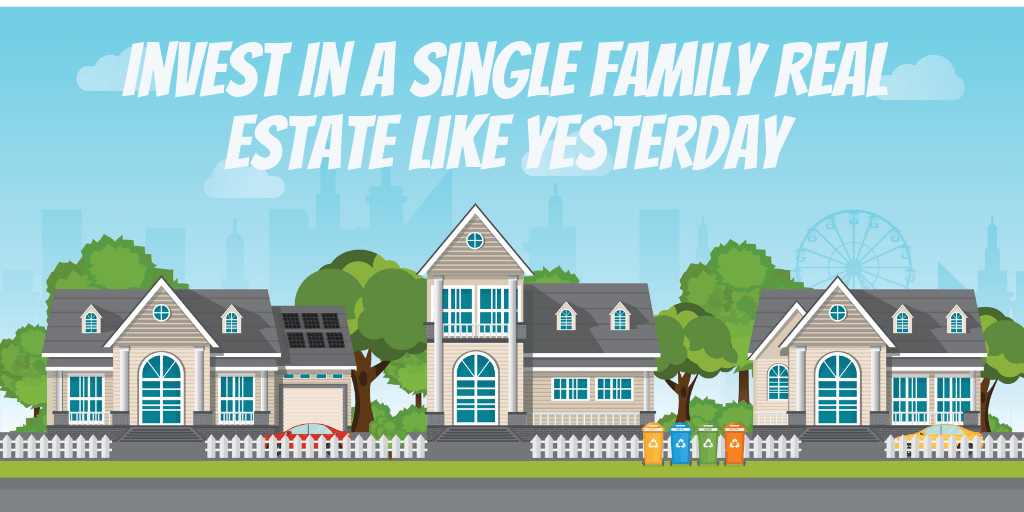 My wife, Taylor, and I bought our first house and primary residence in Carlsbad. It was less than $500,000. Within 14 months, it appreciated approximately $200,000. I told Taylor, we need to sell our house.
My wife, Taylor, and I bought our first house and primary residence in Carlsbad. It was less than $500,000. Within 14 months, it appreciated approximately $200,000. I told Taylor, we need to sell our house.
We took a 10% raise so that we could live more comfortably (a little more). Then we bought three properties in Las Vegas (we still own it).
However, when we sold the other two properties instead of paying off the third, we paid off Taylor’s student loan debt. It’s a super aggressive strategy. I wouldn’t recommend it to anyone unless you have incredible risk tolerance.
What did I like about this strategy so much?
You can always take some of your chips off the table. It’s a time when you’re building a portfolio, and you still have time ahead of you.
Trade-up Plan
This one is a game of tax strategies.
It’s also one of the most aggressive of real estate investment strategies.
The profile of someone who does this type of investing is usually someone who is a full-time investor or real estate agent–or they’re just aggressive go-getter! They like risk and feel comfortable going all-in.
They are looking for something bigger and better.
They are buying low and selling high, and it’s usually done with a rental property.
What might such a property look like?
It’s a multiple unit building or a commercial property. It will typically be a property that is undervalued. This is a property that needs a face-lift, and that will take some time.
However, it’s a complicated business dealing with the taxes, so complicated that you will have to hire an intermediary to guide you through the process of doing a 1031 tax-free exchange.
Once you go through the process, you can buy another property and trade up. I’m talking about the properties that are beneficial for real estate investing, using a tax-deferred exchange.
It’s the part of the tax code that allows people to sell one property and then they won’t have to pay any tax on the sale. That’s if you follow the rules and replace the property with a new property.
You’re using the gains from the last property as a down payment on the next property. Each trade-up brings a new level of profit.
It’s another one of the real estate investment strategies that will grow your wealth. If you can invest without paying taxes, you’ll save a lot of money.
While I consider myself to be an aggressive investor, I tend to sell some, payoff one, then sell some more and then pay off a different form of debt. I like to take something off the table and lock in the gains that I have.
Like I said, I’m a fan of the buy three, and sell two (keep one).
Why?
You still own one.
I like that you took risk off the table, and cleared a debt.
This is a method for growing your net worth–aggressively!
The 1% Rule
How does the rule work?
Consider this a gut check.
The first thing to do is to start asking the right questions, then the rule will make sense for most locations.
Consider the property that you are looking to buy, and ask:
- What is the asking price?
- How much monthly rent will you be able to charge?
The answer will be1% of the price you will pay for the property.
There are more factors to consider of course, but this is an initial way to evaluate whether a property is a good deal.
But there will always be a market that will be the exception to this quick guideline.
In fact, there are some places where you won’t be able to find a 1% rule property.
How about those markets?
Hybrid Investments
What if you used your primary residence as one of your real estate investment strategies?
Let’s say you buy a property that needs to have some minor remodeling, and some work put in on curb appeal.
If you look at the tax code, you’ll find that by living on the property for two out of the last five years, you’ll be exempted from paying capital gains taxes.
- Individual $250,000
- Couple/jointly $500,000
This will work if you’re willing to stay and fix-up the house, but not let it become your dream home.
You could do this several times in a row, with several different properties–and make a tidy profit!
The Dreaded “B” Word
How does your mortgage affect your budget?
We all know it takes a huge chunk of our budget to pay for the mortgage.
I’ve mentioned it other blogs on budgeting that your
What if you could intelligently circumvent that outflow of your money? That might look like investing in short term rentals, and trying out the role of being a landlord for a while.
You have to live somewhere.
The point is to make sure your mortgage, principal interest, insurance, and taxes aren’t more than 25% of your take-home pay.
And there are the options in today’s blog to help circumvent spending a ton of money on your mortgage with these real estate investing strategies.
My Rule
For myself, I like appreciation, and wouldn’t invest in San Diego.
 The markets around different parts of the country are so unique. Now, my family is from Las Vegas, I’ve written before about how we all invest in real estate in that area. It’s a great market, we get some cash flow and appreciation.
The markets around different parts of the country are so unique. Now, my family is from Las Vegas, I’ve written before about how we all invest in real estate in that area. It’s a great market, we get some cash flow and appreciation.
Another example is around the Midwest you typically get a lot of cash flow, but not as much appreciation.
Let’s say you’re considering investing in real estate, instead of randomly choosing an area in which to buy properties, take your time and choose the area carefully.
Really get to know the area where you plan to buy, learn everything you can about the markets.
- What’s bad?
- What’s good?
- Do you feel safe at night?
One major consideration for me, would my wife, Taylor be safe taking a jog at night? If she’s not safe then I don’t want to buy in the area.
The next step is to start digging into the numbers!
Pitfalls of Popular Real Estate Investment Strategies
Experience is a great teacher.
Over time, after getting your feet wet, sharing some experiences, and educating yourself you’ll begin to get a feel for the pros…and the cons.
I’ve talked to people who want to jump in and buy multiple properties, yet they have no experience with handling the details of one property.
They have no experience and no idea about what it’s really like on a day-to-day basis.
Listen to podcasts. Read books and blogs. Talk to people who have the experience, and find a mentor.
Learn how to evaluate deals, and then buy one property.
Dip your toe in the water and see how it goes.
You might find that real estate investment strategies are your vehicle to financial independence!
Which real estate investing strategies are you interested in trying out?
Let us know in the Physician Finance FB Community where other doctors like you are going to get answers to their money questions.
